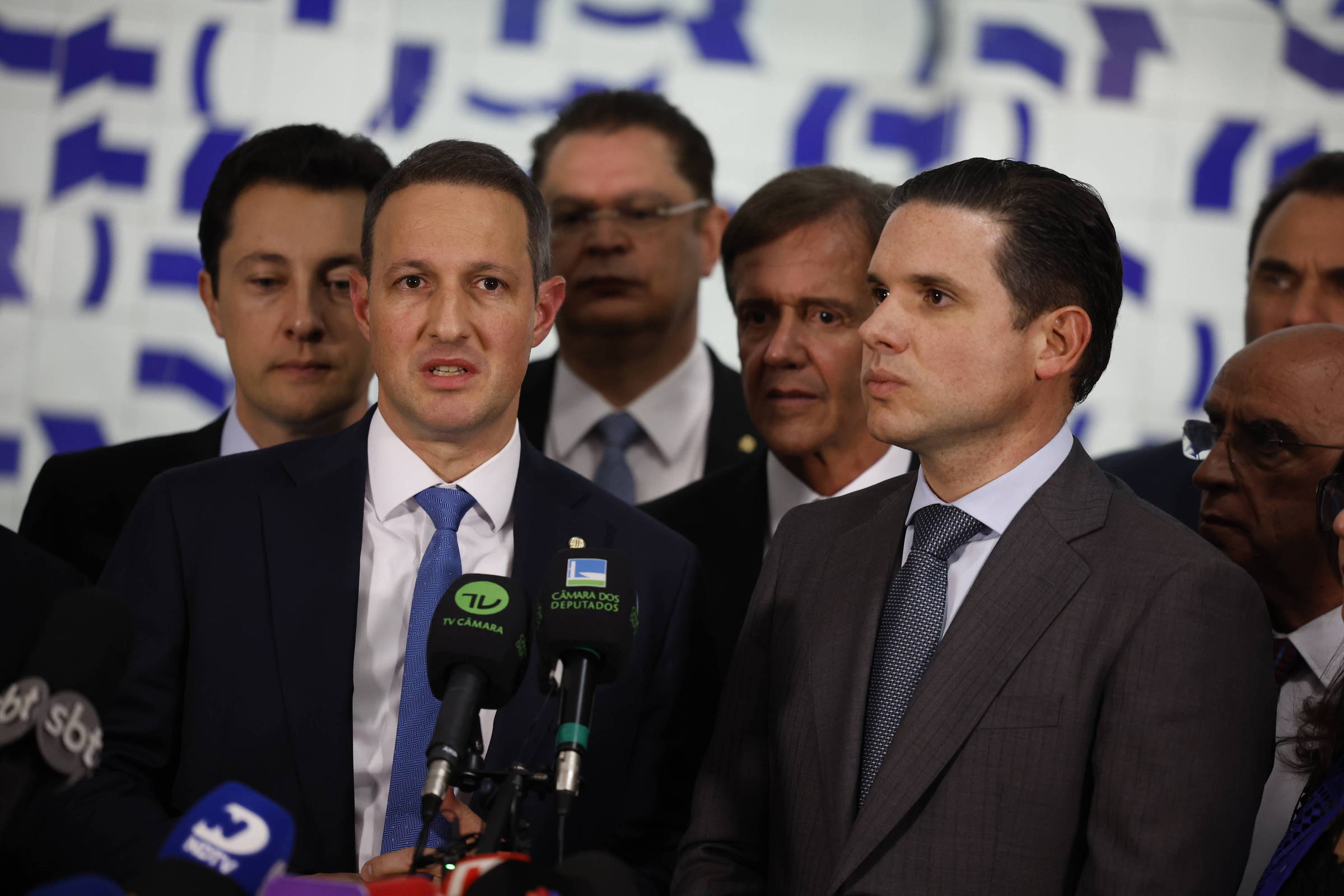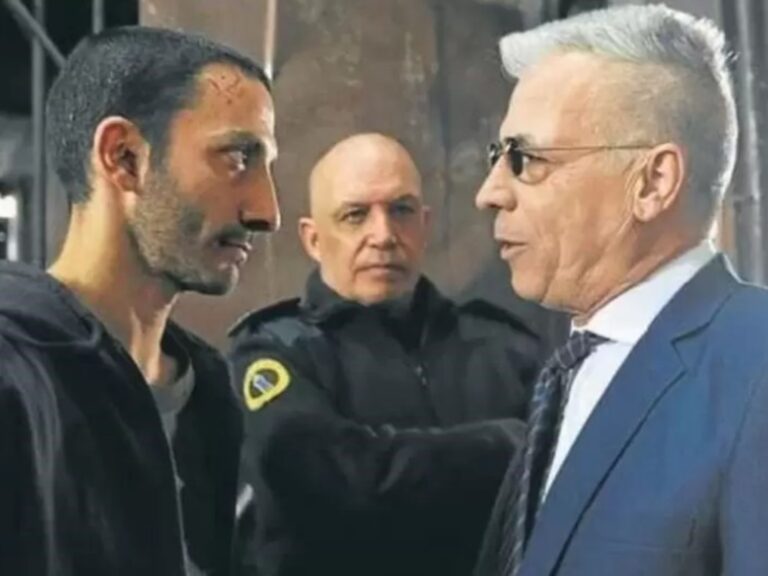
According to at least five leaders interviewed by the report, the chamber’s president, Hugo Motta (R, PB), decided to postpone the vote on the anti-factionalism bill due to a lack of agreement on a document submitted by its rapporteur, Deputy Guillerme Delight (PP, SP).
Members of Lula’s (PT) government and even opposition MPs have assessed that the new version of the project (the fourth created by him) still has problems that need to be fixed. The prediction was that this text would be voted on this Wednesday (12th).
The government, centrists and opposition leaders urged Motta to postpone it. Five right-wing governors also made a similar request to the chamber president.
RJ, GO, MG, DF and SC leaders support Delight’s document, but believe it is still insufficient and have suggested a period of up to 30 days or until the end of the year to hear from more stakeholders and vote on a more complete document, which has already been agreed with the Senate.
Rio Governor Claudio Castro said: “We all praise the rapporteur, but we unanimously oppose the speed of this project. There must be a project that meets the needs of each state. There is no point in implementing a project like this without consulting the states.”
On Wednesday afternoon, Delight met with committees from some political parties, government members and the Secretary General of the Ministry of Justice, Manoel Carlos de Almeida Neto, to discuss changes to the document before submitting the fourth version.
In the opinion of the Center’s leaders, the decision to postpone is bad for all concerned and will open the way for public criticism. He assesses that Delight has weakened, indicating that the Speaker is having difficulty directing the plenary session.
Yet, to a lesser extent, the government will also suffer attrition, according to the leader, as Planalt was able to influence public debate by betting on speeches that the report would protect politicians and empty the PF’s powers.
The politician also said chamber presidents risk having their authority questioned. That’s because the chamber president should have agreed with leaders what the strategy would be and drafted a document that would have the support of the chamber before making the proposal this week.
But Motta’s supporters minimized the criticism, saying such twists and turns are common in the legislative process. Motta also said he had responded to requests from various quarters.
Earlier, during a lunch with right-wing MPs and governors this Wednesday, Mr Delight thanked them for inviting him to speak about the “maturity they would have” to ensure the document was not buried.
The rapporteur justified his retreat from equating factions with terrorists, a measure defended by the right and criticized by Lula’s government, and suggested that his text was possible in the face of political consensus and could not be declared unconstitutional by the STF (Supreme Federal Court).
“Otherwise, we will continue to press the issue of terrorism and kill this project. We will not miss this opportunity to prioritize political warfare,” Delight said.
Ministers and secretaries from the Communications Secretariat, Institutional Affairs Secretariat, Civil Chamber and Ministry of Justice met in the afternoon at Planalto Palace to outline the strategy regarding the proposal.
After the meeting, Minister for Institutional Affairs Gleij Hofmann said more time was needed to correct points in the document that the government considered fundamental.
Among the opposition representatives, PL leader Sostenes Cavalcante (RJ) also defended the postponement of the vote. The opposition was not entirely satisfied with the third version of Mr Delight presented on Tuesday night (11th), mainly because the rapporteur accepted the government’s demands. The leader said the PL had not given up on equating the organization with terrorists.
After the police operation against Rio’s Comando Vermelho that killed 121 people, the handling of opposition PL intensified the political conflict between the government and opposition over security.
The proposal had been sent by the Palacio do Planalto, but Lula’s government was angered by Mr. Motta’s decision to ultimately hand over the report to Delite, secretary of public security in the Tarcisio de Freitas (Republican) government in São Paulo. The issue was called the legal framework for combating organized crime in Brazil.
The first version of Mr. Delight’s document, in the view of government supporters, undermines national sovereignty and paves the way for federal police action, which the reporter classifies as a false narrative.
The government and PT defended the PF and began linking anti-faction projects to the Blinder Gem PEC, but in the face of public exhaustion Delight abandoned its most controversial measures and said it would maintain the PF’s authority. This was seen as a victory for the left.
Still, Imbroglio continued this Wednesday.
For example, Gleici cited four key differences in relation to Delight’s third opinion: type of crime, legislative approach, sectarian suffocation, and decapitation of federal police. The Rapporteur maintained the outflow of federal funds for the corporation, despite backtracking on the limitations of the PF’s role.
“We said in the project that these factions will lose their assets from the moment the investigation begins. In the report, this will only happen after the final verdict is issued,” he said.



